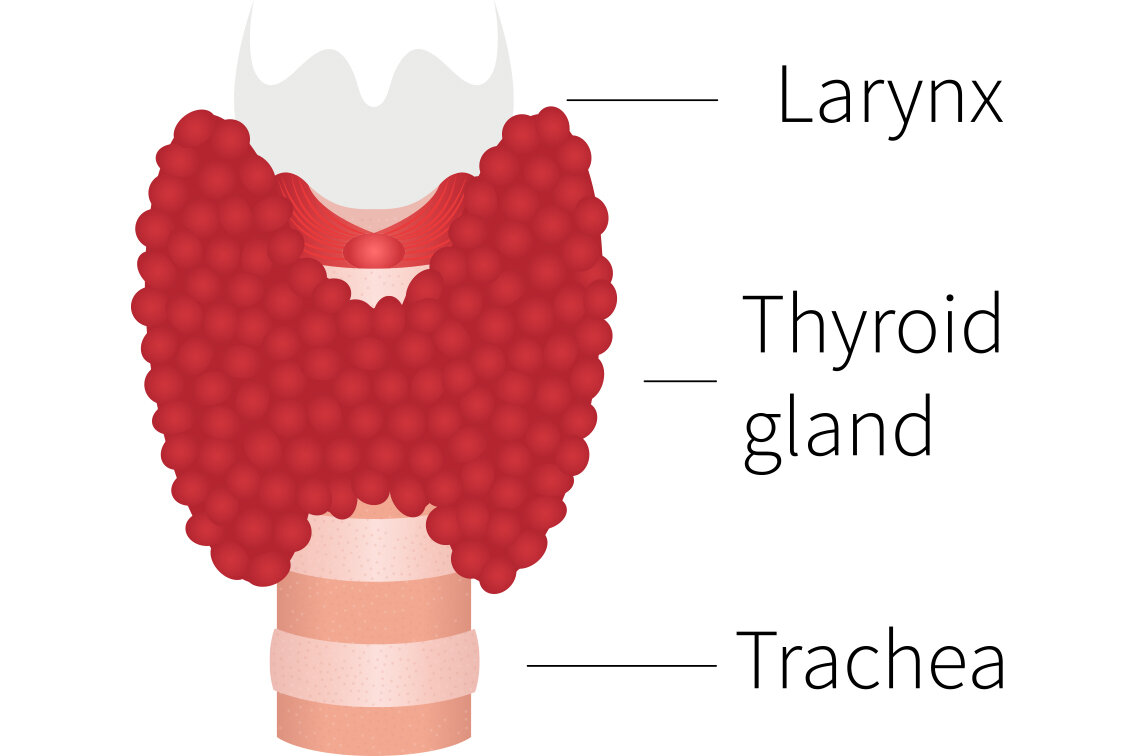Thyroidectomy
What is a total thyroidectomy?
A total thyroidectomy refers to the surgical removal of the entire thyroid gland. This is performed under a general anaesthetic and involves an incision within the skin lines at the front of the neck. As all the thyroid tissue will be removed, you will have to take thyroid hormone replacement tablets (thyroxine) for the rest of your life.
What is a hemithyroidectomy?
A hemithyroidectomy involves removing half of the thyroid gland, either the right or the left side. In most cases, the remaining thyroid lobe will produce enough hormone to avoid having to take thyroid hormone replacement tablets. The thyroid hormone level will be routinely measured 6 weeks following surgery to see whether additional thyroid hormone tablets (thyroxine) are required.
What are the risks of thyroid surgery?
No surgery is without potential risk or side effects. Dr Bell is a specialised thyroid and parathyroid surgeon, who has received additional training to perform these operations safely. The main risks of thyroid surgery relate to accidental damage to the surrounding structures. These include:
Damage to the nerve to the vocal cords (recurrent laryngeal nerve), causing voice changes and a hoarse voice
Dr Bell routinely uses a nerve integrity monitor (NIM™) during all thyroid surgery to help identify and protect these nerves
Damage to the parathyroid glands (calcium glands), causing a low calcium level needing calcium replacement tablets
Bleeding or haematoma (blood clot), potentially requiring a washout in theatre
Wound infection/fluid collection under the wound
Need for thyroid hormone replacement tablets

